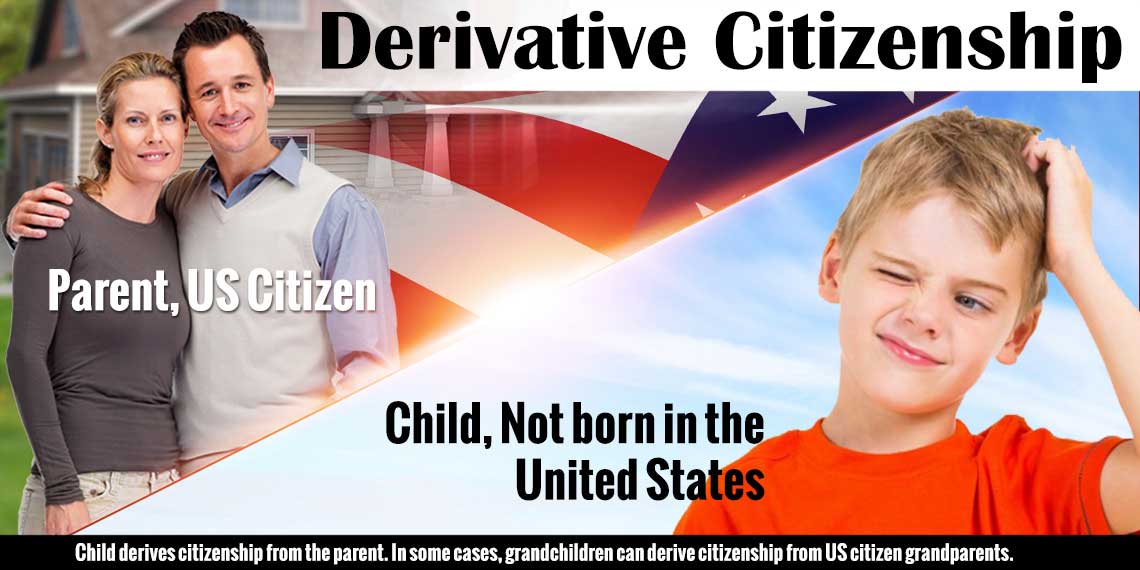Part One of our Citizenship Overview
In addition to birthright citizenship, becoming a citizen because you were born in that country, the United States also allows its citizens to pass citizenship onto their children even if those children are not born in the United States. When parents confer citizenship on their children, the government calls this derivative citizenship. It is not an unqualified right. In other words, not every child born to United States citizen anywhere in the world is a U.S. citizen.
Two married U.S. citizens who have a child anywhere in the world, have a US citizen child. However, if a U.S. citizen is married to a non-U.S. citizen and has a child outside of the United States, then United States makes various requirements of the U.S. citizen parent. In order to transmit citizenship to the child, the parent must have spent sufficient time in the United States. The idea is that the U.S. citizen is attached to the United States in a meaningful way and can therefore meaningfully pass the benefits of U.S. citizenship.
Residency Requirements for Derivative Citizenship
In the example above, the amount of time that the U.S. citizen parent must have been present in the United States has changed over the years and currently is only five years, two of which must have been after the age of 14. The United States also has different requirements for the children born of male or female citizens if their parents were not married at the time of birth. In order to acquire citizenship, the United States requires the parent to legitimate the child. This is a technical way of saying that the U.S. citizen parent accepts the child as his or hers and supports him or her.
How We Can Help
Immigration Law of Montana, P.C. has helped many people who believe that they might have a derivative citizenship claim, be U.S. citizens through their parents’ citizenship, analyze their claims to United States citizenship. We also help people who did derive citizenship from the parents make those claims through the United States Citizenship and Immigration Services or the United States Passport Office. Please contact us if you think you might be able to derive citizenship through parents or grandparents.

